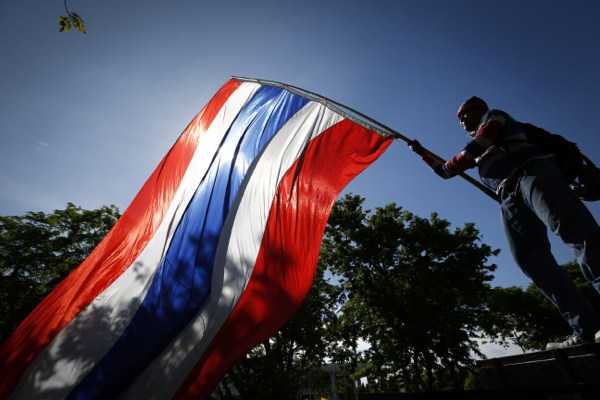Last month, seven police officers were arrested in Thailand on corruption charges,part of a wider anti-corruption campaign by the ruling junta. In an email interview, Douglas Olthof, a doctoral candidate at Simon Fraser University, discussed the ongoing corruption crackdown in Thailand.
WPR: Who are the main targets of the junta’s corruption crackdown?
Douglas Olthof: The targets of the current corruption crackdown in Thailand are by and large the members of the power network of exiled former Prime Minister Thaksin Shinawatra. The period of democratization in Thailand that stretched from the early 1990s to 2006 witnessed an important shift in power away from traditional elites in the military, bureaucracy and palace and toward primarily ethnically Chinese businessmen-politicians in the provinces. Thaksin was the most successful beneficiary of this shift ,and his rise to power became intolerable to traditional elites when he began supplanting traditional power networks with his own loyalists and cronies. As has been the case in pervious instances of military takeover of the Thai state—in February 1991 and in September 2006, for instance—the scourge of corruption serves in this case as a compelling justification for the suspension of civil and political rights and the reassertion of elite control over the Thai state and society. However, when asking who are the main targets of Thailand’s anti-corruption drive, it is equally important to note which actors and institutions escape scrutiny. In this regard, the military itself is of particular significance.

